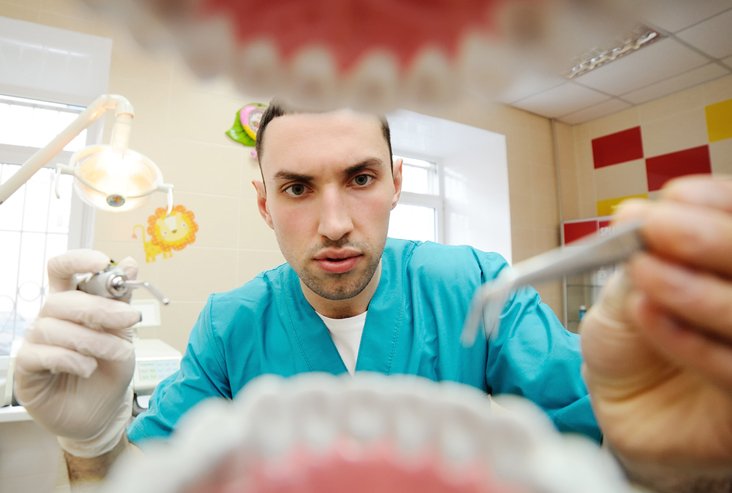Study Medicine Abroad in Turkey
Turkish universities now run medical courses fully in English, so students don’t feel lost in translation. For many international students, that’s a big relief. The standard of education is strong and comes with a promise of future career growth. Tuition usually sits between €20,000 and €26,000, which might sound heavy, but compared to the UK or US it’s still on the lower side. Many students see it as an investment rather than just a fee.

A Journey Through Turkey's Medical Education
Turkey, a country located between the two continents of Asia and Europe has been an important site for cultural, economic, and intellectual exchange since ancient times. Being a bridge between the East and the West has particularly affected its history, including its medical history.
The history of medicine in Turkey can be traced back to the early ages when the civilizations of Anatolia had a flourishing practice in their traditional healing methods. They combined the Islamic and Greco-Roman knowledge of medicine which used to exist within the hospital institutions known as “darüşşifas” during the Ottoman Empire. The Ottoman Empire specialized in advancing surgery, pharmacy, and anatomy. With the founding of the Republic of Turkey in 1923, modern medical education and healthcare infrastructure began to take shape and were influenced by European models.
In the present day, Turkey has evolved into a top destination for international students seeking high-quality medical education. Turkish medical universities are known for their modern facilities, qualified faculty, and research-driven approach, providing students with both theoretical knowledge and practical experience.
Universities such as Hacettepe University, Istanbul University, and Ankara University, are highly rated for medical programs. Their courses are up-to-date and provide sophisticated medical practices. Turkish medical schools introduced a curriculum strictly based on European standards that promise international recognition of the degrees attained by students. Studying medicine in a country that is the synthesis of the Eastern and Western influence, promises a unique cultural experience for many students.
Many universities in Turkey also offer scholarships to international students, which increases the cost-effectiveness of the education system.
Students will enjoy a diverse climate while doing medical studies. Here, coastal areas have a Mediterranean climate with hot, dry summers and mild winters. Central regions experience a continental climate with hot summers and cold winters, while eastern Turkey faces harsher winters and milder summers.
Living in Turkey provides international students with a unique cultural experience that blends historical heritage with modern city life. Cities like Istanbul, Ankara, and Izmir are home to vibrant student communities, making it easy for international students to adapt and thrive. Healthcare in Turkey is also well-developed and medical students can get hands-on experience in some of the best hospitals and clinics in the country.
Why Study Medicine in Turkey?
- English-taught programs
- Modern medical facilities
- Internationally recognized degrees
- Cultural diversity between East and West
- High-quality faculty and education standards
- Access to cutting-edge research
- Scholarship opportunities
- Hands-on clinical experience in top hospitals
- Rich student life in vibrant cities like Istanbul and Ankara

Acıbadem University
26925 EUR /year

This university is situated in the city of Istanbul, Turkey. Acıbadem University specializes in health sciences. Acibadem University is a private institute affiliated with Acıbadem Healthcare Group in 2007. This university emphasizes research as well as practical education. With strong ties to hospitals and other healthcare facilities, students receive practical training in their respective fields.
Quick Facts
Location
Turkey
Tuition
€26,000
Entrance Exam
No
Living Costs
€ 600-1,000
Requirements To Study Medicine Abroad in Turkey
The process to get into a Turkish medical school isn’t overly complicated, but it does need preparation. You’ll need solid grades in science subjects from high school. Universities often ask for an entrance test like YÖS or SAT. And if the course is taught in English, proof of language skills through TOEFL or IELTS may be needed. For Turkish programs, you’ll need to show language proficiency in Turkish.
Paperwork is part of the deal; copies of your transcripts, passport, and recommendation letters are basic. Some universities also want a personal statement where you explain why you want to study medicine. Once you’re accepted, the student visa comes next. That means applying through the Turkish embassy back home and showing you can fund both tuition and living expenses.
Scholarships ease the financial pressure, especially for strong applicants. With all this, Turkey has positioned itself as both affordable and reliable for students who want to enter medicine without drowning in debt.
Lifestyle of Students at Turkish University
Nothing is boring about student life in Turkey. College campuses are hotbeds with libraries, laboratories, fitness centers, and other clubs to join. Students, having had their classes, have the opportunity to stroll through centuries-old bazaars, sit along the Bosphorus or just have cheap street food. You just can not get bored in Istanbul. Smaller cities are, however, quieter and cheaper.
The cost of living is convenient. The average student spends between 300-600 a month. The rent per dorm or flat per person is about 100-300 dollars and eating expenses are an average of 100-200 dollars. Eating out is also very cheap, costing in some cases even less than a coffee in London. Transportation is properly developed, and there are buses, metros, and trams. It is also easier to move around with student discounts.
It is this combination of good quality education, affordable lifestyle, and rich cultural background that makes Turkey such a viable and thrilling option in terms of medical studies. It is not only that you are getting a degree but you are in a place where East meets West every day.